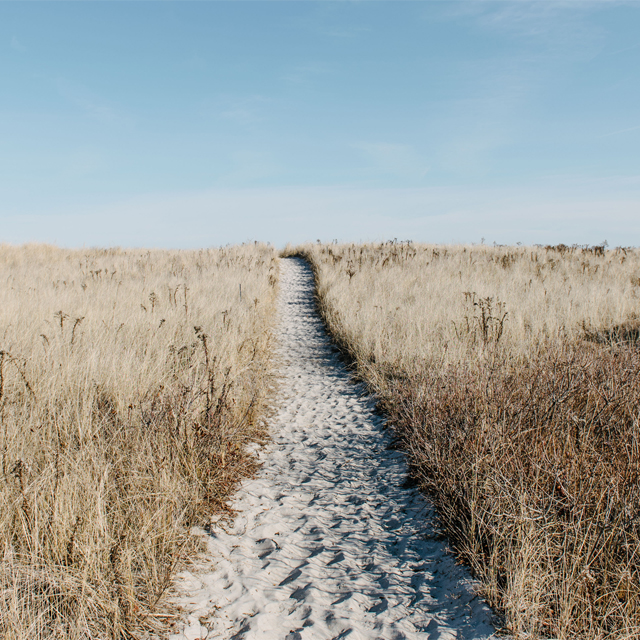Someone asked me the other day if I had a certain number of things, and never more, in my house. Do I have a one-in-two-out rule? Do we live in a tiny house? Do the children sit quietly on clean-lined all-white furniture, never making messes with nonexistent toys?

Let me clear all that up right now: Nope.
No and no and no and no. I don’t know how many things we own and I don’t plan to start counting. My kids do have toys and books and art supplies, and if they didn’t, they would still make messes with dirt from the backyard. We own fewer things than we could, but not zero things. Just enough things.
Does this mean I’m not great at living simply?
Hmm. You know, I’m not too worried about how I measure up. For me, simplicity is a tool, not a goal. It’s a means, not an end.
Letting go of possessions reminds me to consider what I really want to be attached to. Investing less time and energy in belongings frees me up so I can be present for what really matters in my life. Saying no to busyness makes it easier to find the quiet my soul needs.
Simple living doesn’t solve all my problems, it just removes distractions so I can focus on my priorities. It gives me more time for my relationships, more patience with my kids, and more space for creative work. It gives me breathing room, and thinking room, and room to be myself. It means I have more resources—not only money, but time and energy too—to share with others.
I’m not interested in simplicity just for the sake of simplicity. I want to keep the less-important stuff to a minimum so I have room for more of the best stuff.
I choose less so I can have more …
1. More creativity.
My more-experienced artist friends all agree that you’ll never regret not washing the dishes, but you’ll always regret the painting (or book, or invention) you never get around to creating. But what if there were just fewer dishes to clean, fewer clothes to wash, fewer messes to clean?
My kids still need to eat, but keeping the household upkeep to a minimum means I have more time, energy, and headspace for my own creative projects. Keeping our calendar calm lets me focus. And having a less-cluttered home means I’m not as distracted when it is time to create.
2. More patience.
I always thought I was a patient person, but when I had kids, I realized that patience was a bigger thing than I had guessed. I want to practice soul-level patience, not just the polite surface kind that you need to be socially acceptable. I want to be deeply unshakeable, able to listen and wait. I don’t want to be endlessly hurrying on to the next thing.
When there’s too much to do, too much to manage, too much to organize, there’s no room for deep breaths and kind words. Our stuff and our schedules can crowd out our ability to speak slowly and listen well. There’s not room for detours in an overcrowded life, and the best roads are full of detours. Simplifying brings all that back for me.
3. More being yourself.
It seems you can’t go more than five minutes without hearing claims that some product or other will make you happier, healthier, stronger, funnier, richer, sexier, more loved, more interesting, or more original. I even want to be some of those things—but buying my way there isn’t the answer.
When we express ourselves by buying instead of by being, I think we have a problem. What I really need is the quiet space to listen, to know who I am and what I need, and to be the person I was made to be.
4. More compassion.
It’s true that when I choose less for me, there’s more for someone else. I have more—more resources, and more of myself—to give. Less goes to waste. Those are all good things.
And it’s also true that simplifying my life makes more room for me to figure out more about how my gifts might intersect with the world’s needs. I think we all want to help make the world better somehow, someday—but the simpler we make our lives now, the more we can help today.
So … why are you simplifying? Why do you choose less? Do you already know what you want more of in your life, or are you making room for new dreams?
Maybe spend a few minutes today with those questions. See what pops into your head. Notice whether your old answers still ring true, or if something new comes up for you.
And maybe a few minutes won’t feel like enough. Maybe you’d prefer to sit with the idea awhile, let it simmer in the back of your mind. That’s fine too. But can I challenge us as a community to reflect on the bigger picture? Simplicity is a tool for intentional living. What are your intentions?
In the meantime, just remember: you are not defined by your stuff—the stuff you keep or the stuff you give away.